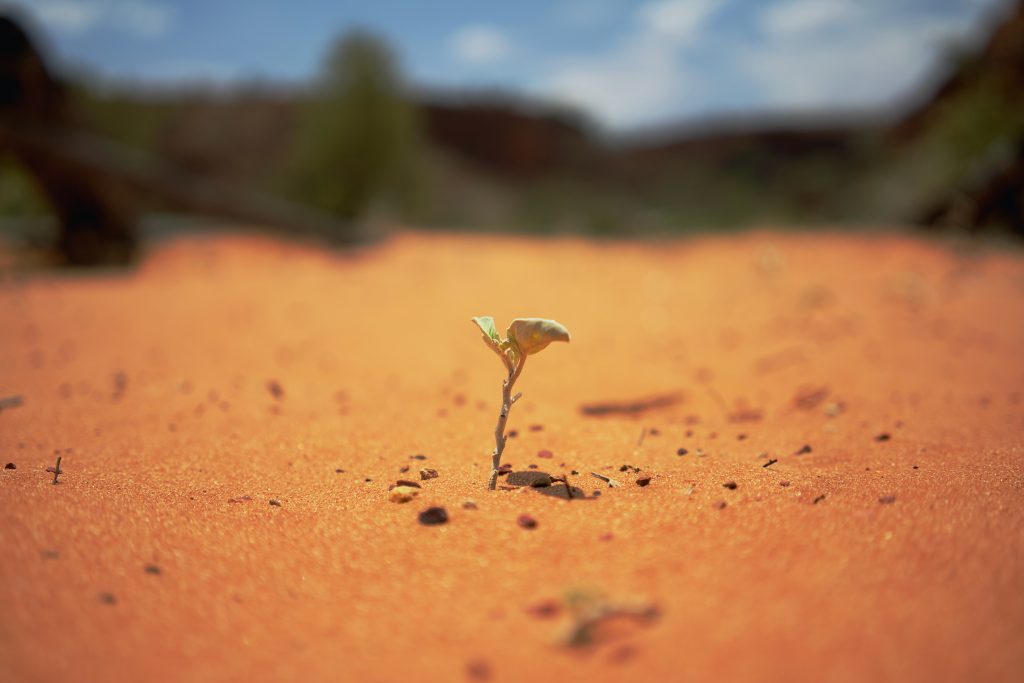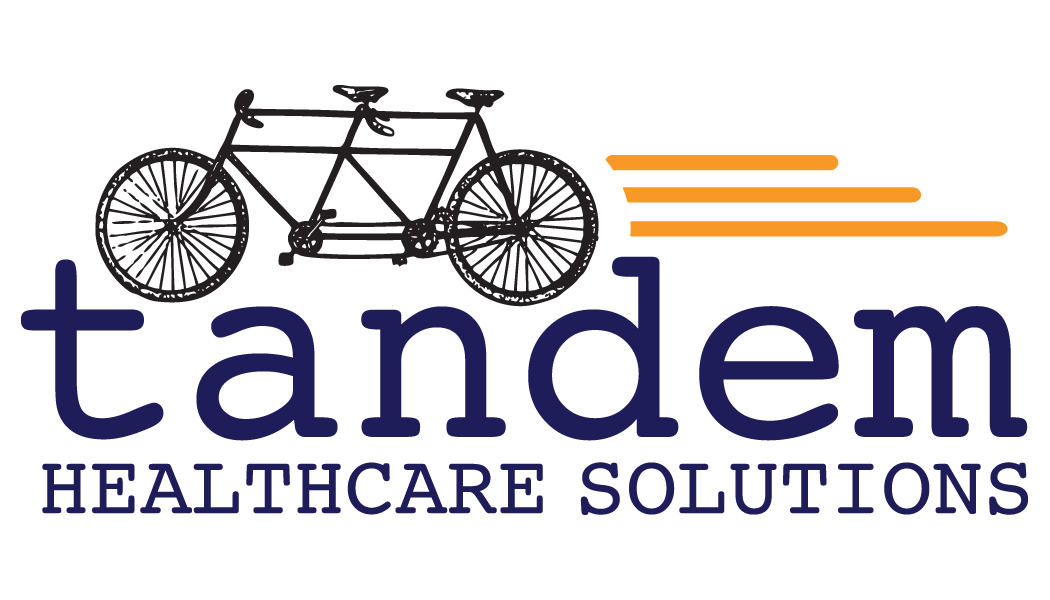
As I write this, we are in the midst of the COVID19 pandemic. As of this writing, more than 30,000 people have died in the US alone. Prevalence and death toll estimates climb exponentially every day. We have no idea when they will stop. Experts tell us we are in the beginning stages of this crisis that already feels endless and promises to forever change our perspectives.
I watch case numbers climb. I read the desperate pleas for more personal protective equipment, medications, and ventilators from healthcare personnel on the frontlines. My friends and colleagues are asked to run into burning homes without protection, to stand naked in the inferno so that they might extend their helping hands to someone else’s mother, husband, sister, or friend. My contribution to the effort is to stay home. As a healthcare and public health professional, I have never felt more helpless.
The sacrifice we require of our and hospital support staff is one we do not expect of other service personnel. We do not ask firefighters to run into a burning house without protective clothing. We do not expect police officers to intervene in violent situations without a bulletproof vest. There is no question that the ranks of healthcare professionals will be ravaged by COVID19.
Of those left standing, many will face moral injury, a consequence of having to make decisions that violate their personal and professional codes of ethics. A 70-year-old grandmother who is raising her twin granddaughters alone. A 32-year-old physician and father of three. Both critically ill and in need of ventilator support. Just one ventilator. Both of these lives matter. Yet, we can only save one of them.
During this time when so many things we knew to be true are brought into question, I think a lot about the concept of “resilience”.
It’s a word we hear a lot in healthcare. In fact, many feel it is over-used, a way for healthcare institutions to place unfair demands on their staff. Many of us don’t fully understand its true meaning.
Do resilient people experience helplessness in the face of unspeakable trauma and come back stronger than before? Do their hearts break repeatedly until they no longer soften around sadness or fear? Do they lose the veil of naivete, so that they see with more clarity and compassion the things others turn away from?
And if resilience helps us to navigate the day-to-day tragedies, hardships and existential questions that are part of working in healthcare, what does it look like when we are staring down an unthinkable tragedy like COVID19?
I think back to my own lessons learned as a clinician. Pushing past my feelings to do my job meant that I piled on unprocessed grief, anger, and shame to the load I carried until the weight broke me. Ultimately, I fell deep into a dark well of insomnia and crushing, endless sadness. I found the bottom only after many years of taking the burdens off one by one and examining them closely.
I am not the same person I was.
Is this resilience?
I am not on the frontlines of this crisis with my colleagues. Yet, I know they daily push past their terror, stuff away their grief and hopelessness, and put a lid on their boiling anger and frustration. They will do this for weeks and months. No one knows how long. Until they drop or until they win.
So, what does resilience look like in the unprecedented and after?
Perhaps, it’s less a question of how strong we are or how many times we bounce back after we fall. Perhaps, it’s more about giving ourselves over to sorrow until we find the bottom, knowing that there is a bottom. Maybe it’s a matter of allowing ourselves to be held up by our community when our feet no longer propel us forward, knowing that we will do the same when we are called upon.
Perhaps, it’s more about asking ourselves how we will carry this experience forward in our lives. Will we marinate in our anger and feelings of abandonment? Or will we instead remember this as a time when we allowed space for the flames of our fear and anger so they did not consume us? Will we look back and see the people who held us up during a long trek through the wilderness? Will we bask in the gratitude of having come through an unthinkable experience together all the while allowing ourselves to feel the absence of those we lost?
Is it possible that resilience in the midst of this terrifying unknown means accepting our vulnerability? That resilience demands taking this opportunity to come back to ourselves and to one another?
As I sit with my fear, anger, and sadness in this moment, I can only say, “I hope”.
“Hope” is the thing with feathers –
That perches in the soul –
And sings the tune without the words –
And never stops – at all -And sweetest – in the Gale – is heard –
And sore must be the storm –
That could abash the little Bird
That kept so many warm –
I’ve heard it in the chillest land –
And on the strangest Sea –
Yet – never – in Extremity,
It asked a crumb – of me.
-Emily Dickinson

Good luck.